Accounting Today recently asked over a hundred leaders in the tax and accounting profession to share what one thing they’d tell a new accountant who was just starting their career — here’s a sampling of our favorites, from the practical to the profound.

‘Be curious. Don’t settle.’
“Be curious. Don’t settle. Learn as much as you can every day. It’s not only the best way to excel, it’s the best way to stay interested and interesting (to clients, your boss, your future employer, whatever the case may be). The popular phrase is, 'When we stop learning, we stop growing.' True. But I also think that when we stop learning we stop caring as much. It doesn’t matter how long you’ve done a job or been in your career; the world is changing around you every day and there is always something new to learn to keep you engaged at being the best.”

‘Learn to think an entrepreneur.’
“Here’s what they won’t tell you in college, or even in your first job: You’re an entrepreneur. Learn to think an entrepreneur. Learn to act like it. … Bottom line: Every accountant is in business for themselves, responsible for their own skills, growth, integrity, reputation, brand, and service to clients and the public. The most important skill you can learn beyond the basics for licensure are how to get new clients, and to amaze and delight them."
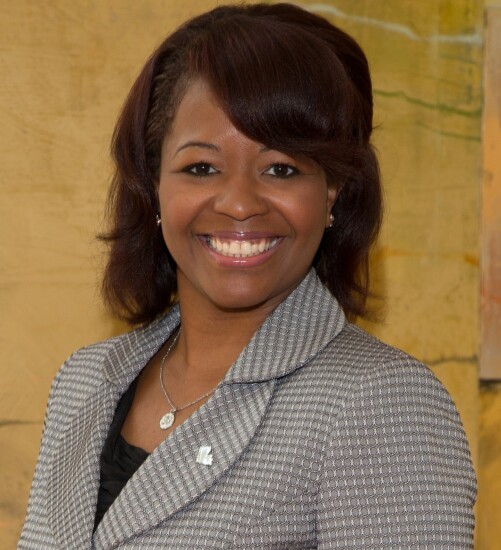
‘Manage your own career.’
“Manage your own career. Don’t assume others will possess the same zeal as you do and advocate for yourself as you would. However, you cannot get everywhere on your own. Mentors and leaders are looked to for guidance not executing your career aspirations."
"Knowing what you want is an advantage. Finding a career and job function that fits your personality is essential. Do not attempt to excel in a position you dislike regardless of technical knowledge. Be mindful – Something different may turn into something great.”

‘Question your profession’s orthodoxies.’
“Regularly question your profession’s orthodoxies, and understand the severe limitations of accounting: It’s not a theory, so it can only confirm the past and cannot peer into the future; it doesn’t account for intellectual capital, the chief source of wealth in our economy; it has nothing to say about value, hence the plug number of goodwill, a word we use to describe our ignorance."
"Remember that your IC is more than your human and structural capital. It also consists of your social capital, the relationships that will have a profound impact on the rest of your life. You are whom you associate with. Don’t pollute your social capital with people who have a zero-sum mentality and believe you can only gain if someone else loses.”

'Understand your core values.'
“Really understand your core personal values and ensure that garnering trust and acting with integrity are cornerstones. Letting these values guide your actions will strengthen your decision-making, foster openness and collaboration, and allow you to carry out your critical role in protecting the capital markets.”

Follow your own career path.
“You don’t have to follow the traditional career path in the Big Four anymore. It’s not about ‘making it to manager and then going to industry.’ You can start in industry. You can go to public after that if you want. You can even start your own firm in your twenties these days if you’re good at marketing yourself online. I know because I’ve done all three, and have watched others do the same.”

‘Embrace your advantage.’
“Don’t undervalue your unique advantages as a digital native, and as part of a generation that understands how and why the business world has shifted in the past 10 years, from the sharing economy to the rapid rise of ecommerce and automation. You know why shopping malls are disappearing. You have no fear of turning first to a technology to take care of time-consuming tasks, and spending the bulk of your energy on adding strategic value. Embrace this advantage, it’s big -- now go out and win the world!”

‘Look for a firm that 'gets it.''
“Look for a firm that 'gets it.' A practice that embraces diversity between generations and cultures. Look for a firm that invests in new tools to serve clients, and a firm that sees its people as the most important attribute for its success. This profession continues to offer the best long-term opportunity for success for accounting grads, and now grads with non-accounting skills as well, both professionally and financially.”

‘Don’t get put into a box.’
“Find something about your career that intrigues you even if it isn’t the 'sexy' issue. Discover what you are good at in terms of the nature of the work and then find a way to marry those two things. If you can do the functional work where you excel in the tax area you enjoy – you will succeed – always! Don’t get put into a box – advocate for yourself to make sure you can succeed.”

‘Understand how your firm generates profits.’
"Take the time to understand how your firm generates profits. Learn to master one or two of those areas and demonstrate to the firm’s senior partners that you want to help perpetuate the firm."

‘Don’t look in the rear-view mirror.’
“Don’t look in the rear-view mirror. The challenge for a new accountant is the past. They will possibly be trained, advised and coached by accountants resisting the evolution that is happening. As I talk to new grads, I encourage them to align themselves with forward-thinking people and firms, embrace the change and be a positive influence on that chance.”

‘Think globally.’
“Think globally. The world's markets and economies are and will remain connected. Given accounting and auditing's international profile, a global and diverse perspective remains a great attribute for any CPA.”

Build your people skills
“Focus on your client relationship/management skill sets. The technology and freelancers will be handling the compliance work. To truly be different and add value from a client’s point of view, you must be good at the stuff that is relationship-based. Not just technical compliance-based. The ability to advise, show empathy and relate to clients on a human-level are going to be the key skills we need to develop in our people.”

‘Be yourself...it’s harder than you think’
"'Be yourself,’ followed immediately with, ‘It’s harder than you think, especially if you are a minority.’ We all know the importance of ‘being yourself' and authenticity has become a popular business buzz word. Everyone talks about being authentic as if it is easy – a simple formula to learn, then execute. The ability to be your authentic self draws on a mix of skills, attributes and qualities. For some, ‘being yourself’ may come naturally. For others, it may take intention and a little effort. If you layer in the challenge for minorities interested in pursuing a career in a predominantly white profession, reconciling how to be yourself while still acting the part of the CPA can be even more complex. So I would try to help that new accountant understand if this comes naturally. If not, I would help them identify strategies to cope as they come into their own, stay true to themselves and own their confidence as they grow and develop. Lastly, I would offer to be a coach, mentor and resource to call on as they move through their career."
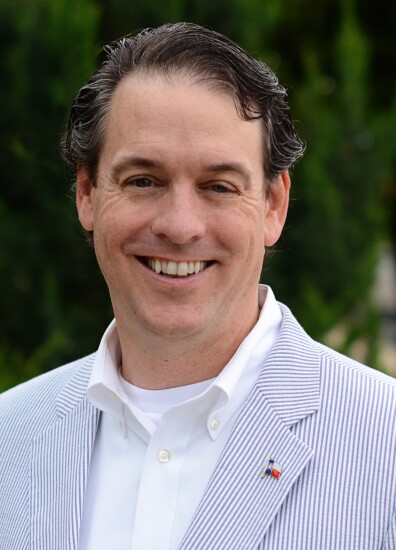
‘Forge your own path.’
“Don’t listen to what the older generation says -- observe what it does and draw your own conclusions and forge your own path.”

Bring a pen
“Don’t go anywhere without something to write with and something to write on (and don’t forget your business cards).”

‘Truly listen.’
“Never believe that you know better about what your clients want and need than they do. The key to outstanding service is listening to clients. The more you truly listen to them, the more you can provide them valuable service. And, it makes no difference who provides the service to the client, as long as you are the quarterback (trusted advisor) for the client.”

‘Never stop pursuing differentiation.’
“Never stop pursuing differentiation. What you learned in school will be archaic in years; it is a constant evolution and you must stay ahead so that you don’t get left behind.”
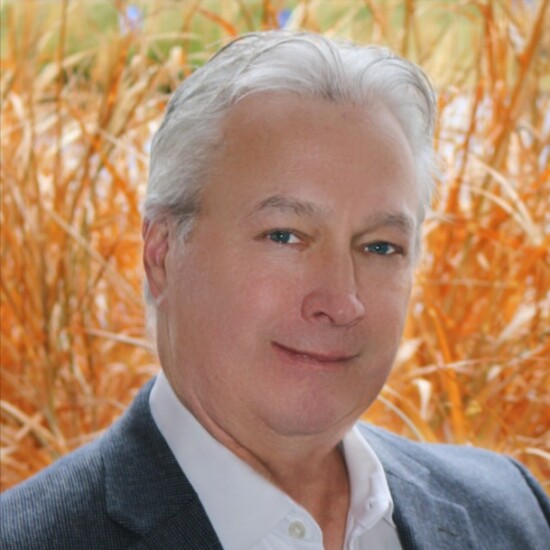
‘Learn to fly a drone!’
“Learn to fly a drone! Actually, while this is true and more inventories will be 'observed' using drone technology in the future, the real key is to have new accountants to constantly be aware of emerging technologies and focus on how to embrace those technologies into the audit process.”

‘No one does it alone.’
“Look around and get to know as many people as you can. Success in your career will be about the relationships you build. No one does it alone.”
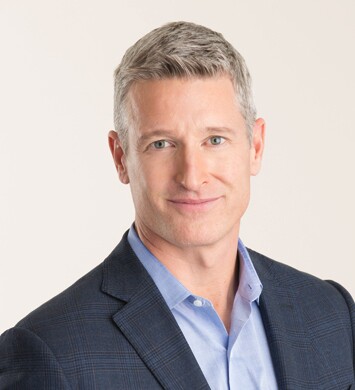
‘Don’t limit yourself.’
“Most of the limits on the value we can deliver are self-imposed. Don’t limit yourself. Think broadly about the role you can play with the clients you serve and be inquisitive to learn as much as you can about their business and industry to strengthen your relevance to them. The combination of deep technical skill-sets, along with deep industry knowledge and technology awareness, will position you as a indispensable resource to those clients where you have a real relationship.”

‘Learn to ask great questions.’
"In this fast-paced world that is ever-changing, your power lies in your ability to let go of the need to have all the answers and open yourself up to possibility. Instead of aiming for the perfect answers, learn to ask great questions (not only of others, but of yourself, too!)."

‘Build your verbal and communications skills.’
“While technical skills are important, continue to build out your verbal and written communications skills. I see many talented accountants who are entering the workforce who are very bright, but who can’t carry on a conversation or write a decent memo. Even though we talk a lot about technology, analytics, etc., you still need to have strong communication skills to advance your career.”
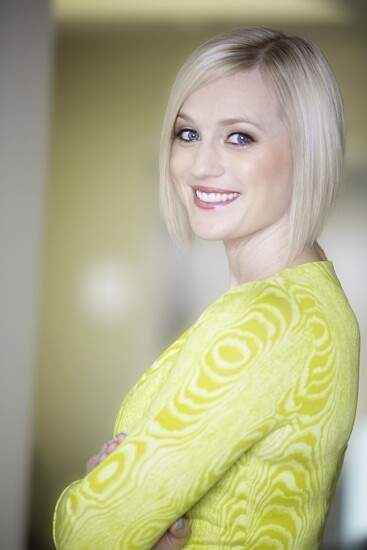
‘Don’t get too comfortable.’
“Don’t get too comfortable -- as soon as you think you have it figured out, something will change. Ironically, it’s the same thing they tell us at Intuit: ‘The only constant is change.’”

‘Get your CPA.’
“Get your CPA. Then look at the broad set of specialty credentials that are available after the CPA. Figure out which one aligns with your passion and interests and start working toward that credential. It’s a way to differentiate yourself and increase your value to potential employers or clients.”

‘Do what hasn’t been done.’
“Remain optimistic and do what hasn’t been done! When I started my career in professional services in the 1980s, I could have never imagined having a smartphone or a laptop with the capabilities these devices have today, let alone how AI, robots, or blockchain technology could transform the profession. Today, audit teams are using machine learning to help rapidly analyze thousands of pages of documents to pull key information. The next 30 years is set to see even more disruption than the last 30, and while that can be frightening to some, it opens a whole world of possibilities. The other advice I’d give is that in order to embrace the upside of change and capitalize on the ever-evolving innovations happening around us, we all need to stay curious, and personally upgrade our skill sets continuously.

Develop your critical-thinking skills
“Technical skills will continue to be critical. But just as critical to new accountants’ careers are critical-thinking skills which will help them be anticipatory to environmental changes and the evolving needs of businesses. I believe the most successful accountants will not only be able to analyze key business drivers such as financial and operational data, regulatory requirements, technology changes and risks, but also able to compile these individual elements into a strategic approach that helps their clients or companies evolve.”

‘Get ready for a wild ride!’
“Get ready for a wild ride! It’s an exciting time to be a CPA. The profession is at the forefront of change and with their help, we’ll continue to build a great profession. Learn blockchain if you don’t already know it. Learn AI if you don’t already know it. Even with all these changes, understanding your client and servicing their needs, whether, tax/financial planning, small business assurance or small business accounting, listen, understand and deliver.”






